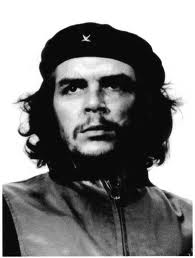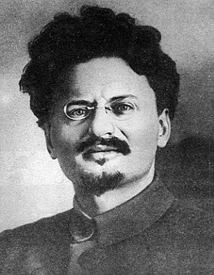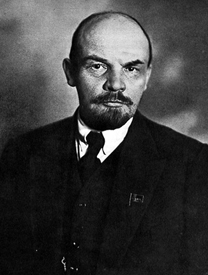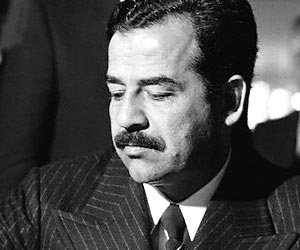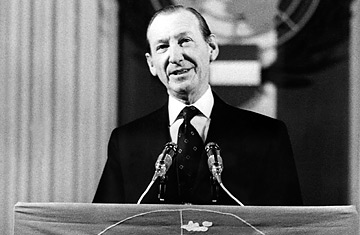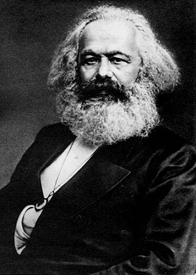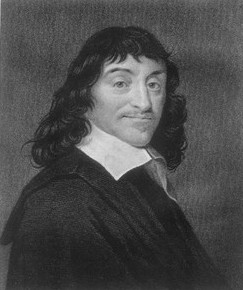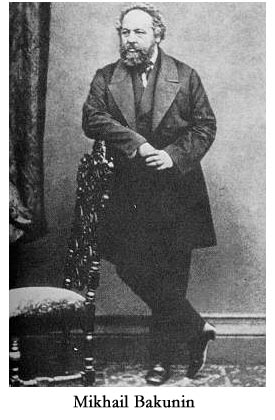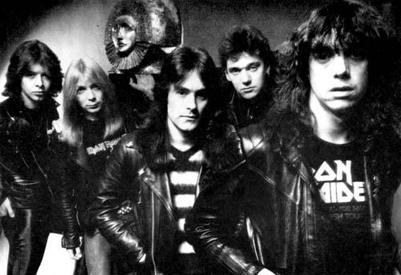Annotations
Political
-
Che Guevara (p10):
Born in Rosario Argentina in 1928 with the given name Ernesto, this revolutionary gave his life to put Marxist theory into practice through many political uprisings. He is most famous for his involvement in Fidel Castro’s rise to power in Cuba.
-
Leader of Cuba from 1959 to 2008, this Communist leader brought much social change in his country. Throughout his entire life, beginning in 1926, he worked for social reform.
Trotsky (p10):
Born in 1879, this Marxist played a leading role in the Russian Revolutions at the beginning of the twentieth century.
Lenin (p62):
A Russian Marxist revolutionary and communist politician. Lenin’s The State and the Revolution describes how the State is used as a method of class oppression and why revolution by the proletariat class is necessary.
Saddam (p84):
The president of Iraq from 1979-2006; Hussein was in power during the timeline of Persepolis. Hussein was sentenced to death by an Iraqi court on charges of killing 148 Shias in the 1980s.
Kurt Waldheim (p227):
Kurt Waldheim was an Austrian President and was Secretary General of the United Nations. His accomplishments include being a soldier in WWII, diplomat and politician in Austria.
PHILOSOPHICAL
Karl Marx (p13):
A 19th century German philosopher crucial to the development of modern communism and socialism. In The Communist Manifesto, Marx outlines the class struggle and problems with capitalism.
Descarte (p13): A 17th century philosopher, mathematician and physicist who has often been noted as the “Father of Modern Philosphy.” Descarte is famous for his philosophical statement “Cogito ergo sum” (“I think, therefore I am”).
Bukunin (p174):
Mikhail Bukunin was a Russian Revolutionary that helped form the anarchist movement. He was known for being a main philosopher and led his argument against Marxism until his death in 1876.
Sartre (p174): Jean-Paul Sartre was an influential French philosopher and existentialist in the early to mid 20th century. He was awarded a Nobel Peace prize in 1984, but turned down the honor.
The Mandarins (p175): Written by Simone de Beauvoir, this book won the Prix Goncourt (the highest literary award available in France) in 1954. The book is a commentary of WWII.
POP CULTURAL
Kim Wilde (p130):
An English pop singer famous in the 1980s for her hit “Kids in America.”
Iron Maiden (p130):
Iron Maiden is a British metal band that formed in 1975. The band has produced more than 15 albums, peaked at #1 in more than 30 countries and are recognized by their mascot “Eddie the Head.”
Michael Jackson (p130): Known as “The King of Pop,” he was recognized as the most successful entertainer of all time by Guinness World Records. Some of his most famous songs include “Billie Jean,” “Beat it,” “Thriller,” and “Bad.”
